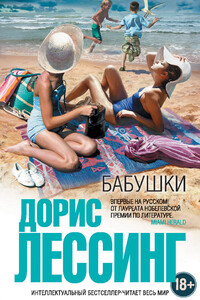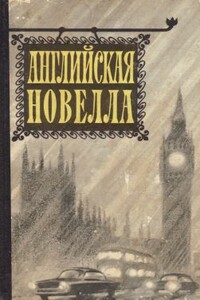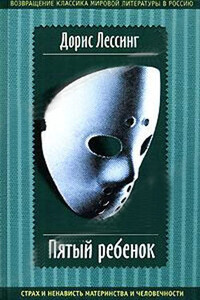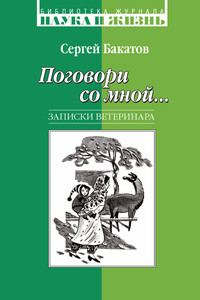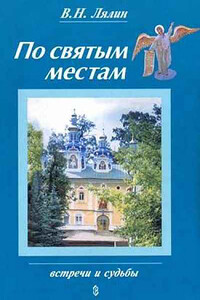Заметки к истории болезни | страница 14
— Ну ладно, чего уж теперь плакать, будет тебе!
Ему досадно, что он простил ее, догадалась она, потому что и сама она на его месте испытала бы то же. За последние два часа он уже бросил ее и распрощался с нею; ему было даже приятно, что он бросает ее не по своей воле. Теперь он снова свободен, и ему непременно подвернется что-нибудь получше, он встретит девушку, которая не станет нагонять на него страх выходками вроде сегодняшней.
— Давай сходим в кино, Стэн…Даже теперь он колебался. Наконец обронил торопливо и неохотно:
— Ну ладно. Лестер-скуэр, перед «Одеоном», в семь часов. — И бросил трубку.
Обычно он подъезжал за ней на угол в машине.
Она стояла и улыбалась, а слезы текли у нее по щекам. Она знала, что плачет по Тони, который ее так подвел. Она вернулась домой подправить грим, думая о том, что она во власти Стэнли: теперь равновесие нарушено, перевес на его стороне.
Notes for a Case History
Maureen Watson was born at 93 Nelsons Way, N.I., in 1942. She did not remember the war, or rather, when people said 'The War,' she thought of Austerity: couponed curtains, traded clothes, the half-pound of butter swapped for the quarter of tea. (Maureen's parents preferred tea to butter.) Further back, at the roots of her life, she felt a movement of fire and shadow, a leaping and a subsidence of light. She did not know whether this was a memory or a picture she had formed, perhaps from what her parents had told her of the night the bomb fell two streets from Nelson's Way and they had all stood among piles of smoking rubble for a day and night, watching firemen hose the flames. This feeling was not only of danger, but of fatality, of being helpless before great impersonal forces; and was how she most deeply felt, saw, or thought an early childhood which the social viewer would describe perhaps like this:
Maureen Watson, conceived by chance on an unexpected grant-ed-at-the-last-minute leave, at the height of the worst war in history, infant support of a mother only occasionally upheld (the chances of war deciding) by a husband she had met in a bomb shelter during an air raid: poor baby, born into a historical upheaval which destroyed forty million and might very well have destroyed her. As for Maureen, her memories and the reminiscences of her parents made her dismiss the whole business as boring, and nothing to do with her.
It was at her seventh birthday party she first made this clear. She wore a mauve organdie frock with a pink sash, and her golden hair was in ringlets. One of the mothers said: 'This is the first unrationed party dress my Shirley has had. It's a shame, isn't it?' And her own mother said: 'Well of course these war children don't know what they've missed.' At which Maureen said: I am not a war child.' What are you then, love?' said her mother, fondly exchanging glances.
